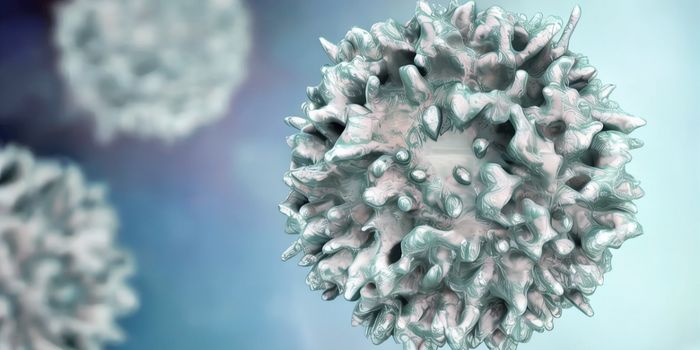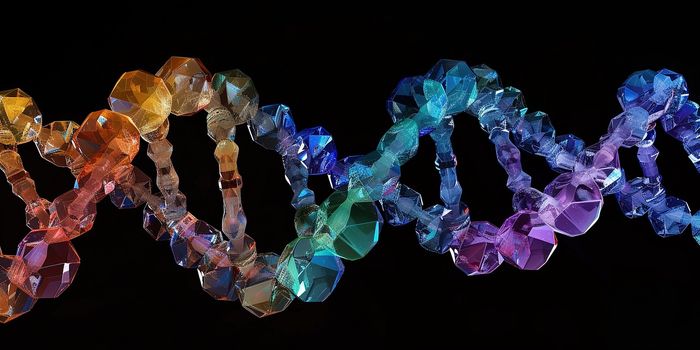Pancreatic cancer has one of the worst mortality rates among all cancer types. It’s estimated that of the 53,000 Americans who will be diagnosed with pancreatic cancer this year, almost 79 percent will succumb from the disease. Why is this cancer so lethal and resistant to conventional therapies? Scientists from the University of Arizona say it’s because actual patient tumors are
much more complex than the cell lines that are used to test the anticancer therapies. Their study urge for a more personalized approach to pancreatic cancer treatments if doctors are to outsmart the cancer.

"Pancreatic cancer is particularly challenging to treat," said Agnieszka Witkiewicz, professor of pathology and medicine at the University of Arizona. "Since there are no early detection tests, the majority of patients present with advanced disease. By that time, the tumor has accumulated multiple genetic changes selecting for resistance to many therapies."
"Currently there are no targeted therapies directly against the hallmark mutations common in pancreatic cancer, and each patient derived model we tested had its own unique therapeutic sensitivities," says author Erik Knudsen, a professor of medicine at the University of Arizona Cancer Center, and first author of the study. "I'd say that's why many pancreatic cancer clinical trials fail; it's that expectation that most tumors will respond in the same way to a drug."
When the research team analyzed patient-derived cancer lines versus conventional cancer cell lines, they found a big difference in response to cancer drugs. In particular, pancreatic cancer cell lines that have been standard in labs for years show more sensitivity to anticancer therapies. This is surprising given that these cell lines have gone through hundreds of generations in the course of being in the lab, acquiring more mutations with every division; and thus, should be less sensitive to treatments.
But, as the team reported, the patient-derived pancreatic cell lines were the ones that were less responsive to a library of cancer drugs. This suggests that each patient cancer is more complex than can be captured through traditional cell lines. It also points to more aggressive and tailored approaches for treatment.
"There's a bit of frustration with the current personalized medicine approach," said Erik Knudsen, senior author of the study. "If you sequence a hundred tumors from patients in the clinic, you might be able to treat one or two patients with the resulting information, because of the nature of pancreatic cancer genetics. Using new, patient-derived models fills in the gap for us and lets us guide our therapies with functional sensitivities to drugs, not with preconceived notions."
Additional source: Cell Press materials via
EurekAlert!









